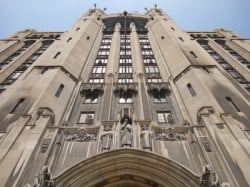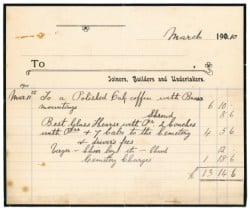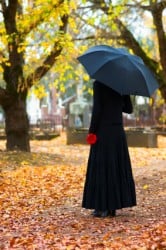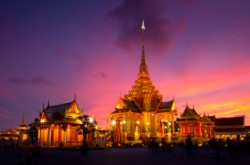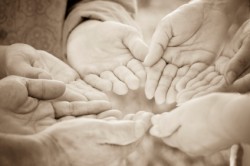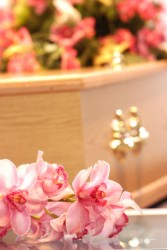When it comes to funeral planning, religion and culture aren’t the only determining factors in how a ceremony is conducted. If the deceased was a member of the Freemasonry (the oldest functioning fraternal organization), he may wish to have a traditional Masonic funeral. Although most of the rituals of a Masonic funeral are similar to those you’ll find in any type of memorial service, there may be a few differences you can prepare for.
What it Means to Be a Mason
One of the key factors of being a member of the Freemason organization is the instant brotherhood and kinship that arises. In addition to general support and friendship, this means that members often step forward to provide assistance to others, regardless of how close they are or plan to be in the future. When a member passes away, this may mean that other members will attend the funeral, help cover expenses, or otherwise support the grieving family—even if they never met before.
A Masonic funeral may therefore be more crowded than a regular funeral, as members will attend to show their support of their deceased Brother. In a kind of tribute that echoes those of a policeman, military member, or other service provider, individuals often go above and beyond the call of duty to show how much they care.

